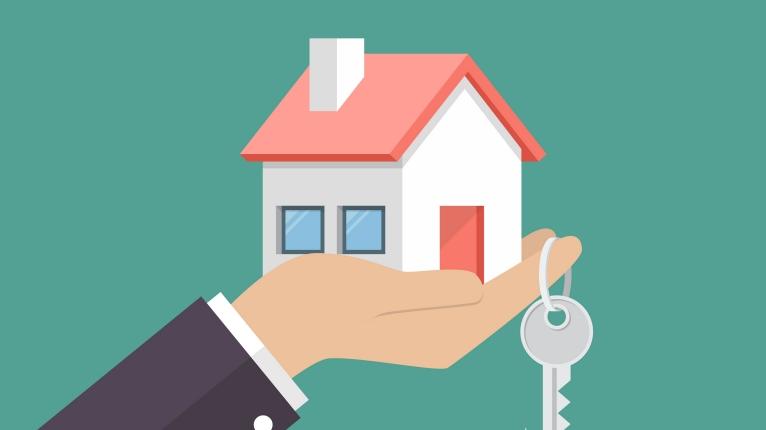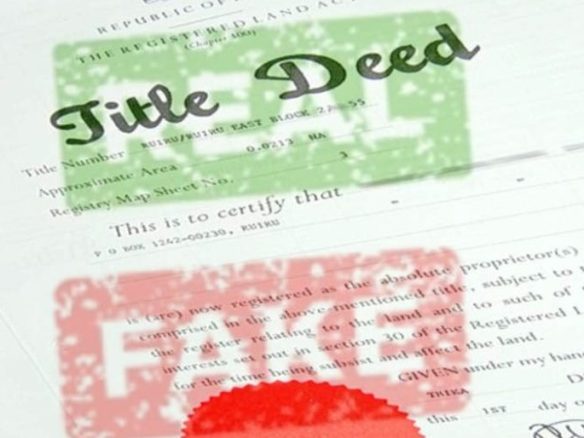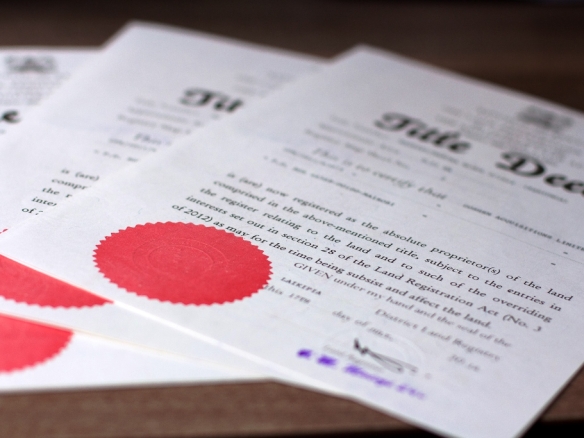She Thought She Found Her Dream Home – But It Turned Into a Real Estate Nightmare
In the fast-growing suburbs of Nairobi, owning a home is the ultimate dream for many Kenyans. For Jane Wanjiku, a 32-year-old HR professional, that dream felt closer than ever when she found what looked like the perfect property online — a beautiful 3-bedroom bungalow in Syokimau. It had everything she wanted: space, privacy, and the peace of finally escaping the rental hustle.
But her dream quickly turned into a devastating nightmare — one that thousands of Kenyans silently experience.

The Perfect House That Was Never Really for Sale
Like many homebuyers in Kenya, Jane turned to social media and online property listing sites to search for houses for sale in Nairobi. After days of scrolling through listings, she came across one that seemed ideal. The photos were stunning, the price was within budget, and the location was just right.
She contacted the seller — a man claiming to be a property agent — who was quick to respond, full of information, and very persuasive. He insisted the house was in high demand and urged Jane to make a deposit to secure it before someone else snatched it.
Eager not to miss out, she paid a Ksh 500,000 deposit.
Everything seemed legitimate — until she went for the site visit.
The house was real, but the sale wasn’t.
The documents she was shown were forged, and the supposed seller was unreachable. The real homeowners had no idea their house was being used in a scam.
Jane had lost half a million shillings.
A Common Yet Hidden Threat: Real Estate Scams in Kenya
Jane’s case is one of many. Across Kenya — from Nairobi to Kiambu, Machakos, Thika, and beyond — property scams are on the rise. The most common types of real estate fraud in Kenya include:
Fake land title deeds
Ghost agents with no office or registration
Double-selling of plots or houses
Inflated prices by brokers
Unverified property listings online
In fact, some victims have lost their entire life savings because they trusted the wrong people in the real estate process.
How Jane Recovered and Made a Wiser Investment
Shaken but not broken, Jane decided to do things differently. She reached out to a licensed property valuer and real estate consultant to guide her next steps.
With the help of professionals, she underwent the correct property acquisition process:
Conducted an official land search at the Ministry of Lands
Verified the title deed and ownership
Requested a property valuation report to determine the actual market value
Sought legal advice before signing any sale agreement
Visited the property with a certified valuer and surveyor
This time, Jane was fully informed — and protected.
She successfully purchased a verified parcel of land in Juja and began her journey toward building a safe and legitimate home.

Important Lessons for Every Property Buyer in Kenya
If you’re planning to buy land, a house, or any real estate in Kenya, these tips could save you from losing millions:
✅ Always Work with Licensed Property Valuers
Property valuers are registered professionals who assess the true market value of land or buildings. Their reports are recognized by banks, courts, and insurance companies. Before buying, always ask for a valuation report from a certified valuer.
✅ Verify the Title Deed
A land search at the Ministry of Lands is non-negotiable. It confirms ownership, pending cases, or disputes. Use a professional to guide you through this process.
✅ Be Cautious of ‘Urgent’ Deals
If the deal sounds too good to be true, it probably is. Genuine real estate agents won’t pressure you into making payments without due process. Always take your time.
✅ Visit the Property in Person
Never buy based on photos alone. Go to the site, walk the land, meet the neighbors, and confirm landmarks. If buying upcountry, involve someone from the area.
✅ Engage Real Estate Lawyers or Consultants
Legal experts and real estate consultants help you understand contracts, risks, and your rights as a buyer. They’ll save you from making costly mistakes.
Real Estate Questions you need to know before buying property in Kenya
These are the questions Kenyans are asking every day — make sure you know the answers before investing in property.
1. How can I verify if a land title deed is genuine in Kenya?
You must conduct an official land search at the Ministry of Lands using the title number and the seller’s ID. It’s advisable to go through a licensed valuer, surveyor, or advocate to ensure authenticity.
2. What is the process of buying land in Kenya?
The land buying process includes:
Land search and verification
Confirming survey maps and beacons
Drafting a sale agreement with legal help
Paying stamp duty and registration fees
Title deed transfer through the Ministry
Professional oversight is essential for a clean transaction.
3. How do I avoid land scams in Kenya?
Work only with licensed valuers, surveyors, and lawyers
Avoid rushed or cash-only transactions
Verify all documents with authorities
Do a physical site visit
Request a valuation and legal opinion
Due diligence can save you millions.
4. What does a property valuer do in Kenya?
A valuer assesses the current market value of land, buildings, or rental properties. Their services are essential for:
Buying/selling
Loan applications
Insurance
Estate planning
Dispute resolution
5. Is it safe to buy land through an agent in Kenya?
Only if the agent is verified. Ask for their license number, office location, and references. Many fraudulent agents operate informally. Use professionals to handle transactions.
6. What documents do I need when buying land in Kenya?
You’ll need:
Seller’s ID and KRA PIN
Copy of the title deed
Land search certificate
Sale agreement
Consent to transfer
Transfer forms
Work with legal counsel to verify and process the paperwork.
7. Can I get a loan from a bank to buy land in Kenya?
Yes. Many banks in Kenya offer land and mortgage loans if:
The land is properly titled
You have a valuation report
All documents are verified
The land is not under dispute
Banks rely on valuers to assess the land’s worth.
8. How do I know if a property is worth the asking price?
Only a valuation report from a certified valuer can give you the fair market value. It protects you from overpriced property, supports loan applications, and helps in negotiations.
Buy Smart, Not Fast
Jane’s story is a powerful reminder: in Kenya’s dynamic property market, emotion should never replace caution. Property ownership is one of the biggest milestones you’ll achieve — make sure it’s done right.
Work with trusted professionals, verify everything, and never skip the valuation process. Your dream home should never turn into a lifelong regret.




Join The Discussion